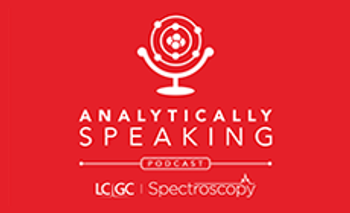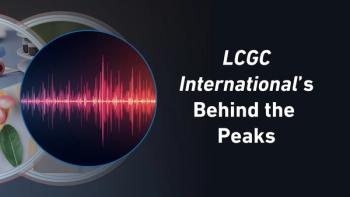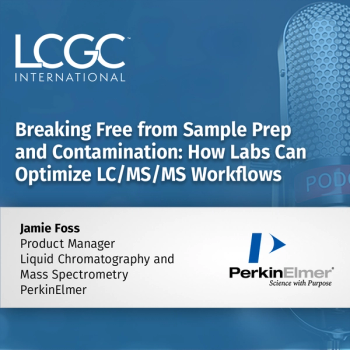
Latest from LCGC International
2 months ago
Breaking Into Industry2 months ago
Onboarding New LC Users: A Top Ten ListLatest Content
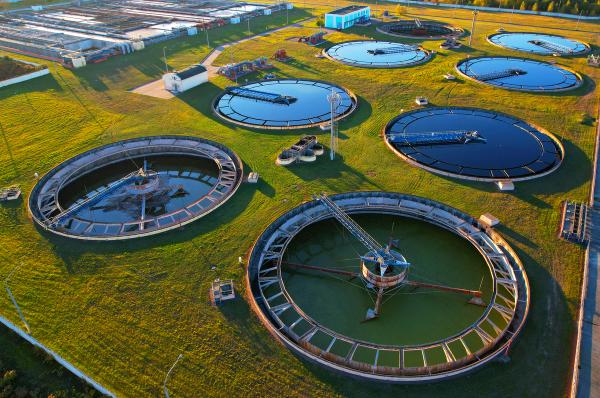
Chromatography-Enabled Detection of Respiratory Medications in Wastewater

From Connections to Career Growth: A Guide for Early-Career Scientists

Translating Scientific Skills Into Impact: Careers Beyond Research and Academia

The Scientist’s Value in the Age of Automation

Green Stabilizers in Nitrocellulose Propellants: VOC Fingerprinting of Accelerated Aging by HS-SPME–GC×GC–TOF-MS

Shorts

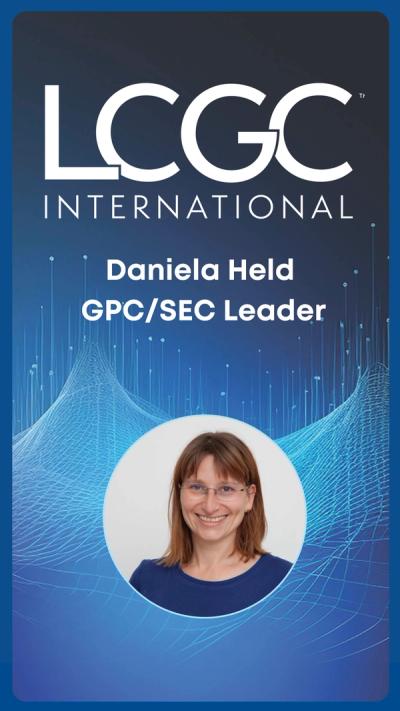





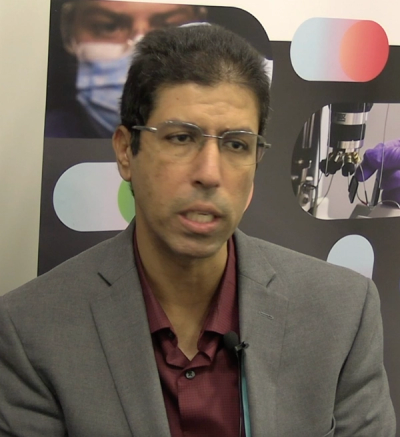

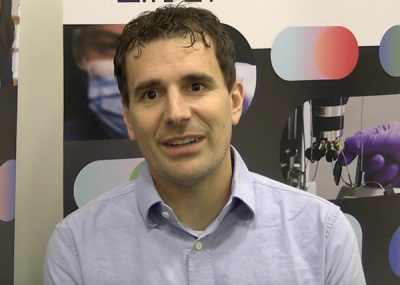
Podcasts
Videos
All Content

Discover the latest advancements in supercritical fluid chromatography and extraction at SFC/SFE Japan 2026.

What steps should be taken when reactivating your gel permeation chromatography/size-exclusion chromatography (GPC/SEC) instrument after an extended shutdown period?

In the fourth part of this roundtable discussion focused on the experiences, challenges, and contributions of women in chromatography, LCGC International spoke to Susanne Boye, Daniela Held, and Claudia Zielke about how best to navigate challenges in chromatography.

Selected ion flow tube mass spectrometry (SIFT-MS) offers potential for rapid screening of volatile nitrosamines and their amine precursors in a single run.

Anderson details how ACD/Labs ensures that data are AI-ready and FAIR-compliant across diverse systems common in pharma R&D.

To detect estrogen and its metabolites in the ovarian-type stroma of pancreatic mucinous cystic neoplasm (MCN) tumors, researchers applied a novel liquid chromatography–tandem mass spectrometry (LC-MS/MS) method.

Top articles published this week include several clips from a recent panel discussion featuring female chromatographers and an inside look at how artificial intelligence (AI) is impacting separation science.

A fast, selective, and quantitative liquid chromatography (LC) method was developed for lipid nanoparticles (LNPs) analysis, using evaporative light scattering for sensitive detection of the analytes of interest.
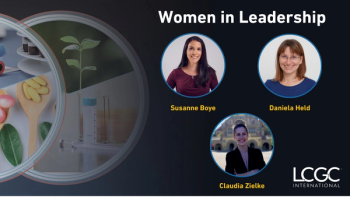
In the third part of this roundtable discussion focused on the experiences, challenges, and contributions of women in chromatography, LCGC International spoke to Susanne Boye, Daniela Held, and Claudia Zielke about how to position yourself for leadership.

Researchers investigating how beer and the hepatopancreas influence the flavor of red swamp crayfish assessed the effects of cooking with or without the hepatopancreas in beer or water on crayfish quality using sensory analysis, electronic nose technology, and gas chromatography–ion mobility spectrometry (GC-IMS).
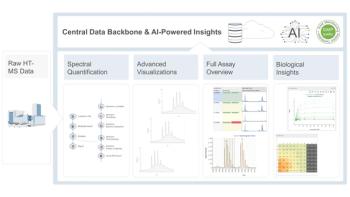
High-throughput mass spectrometry (HT-MS) is becoming a driving force in modern drug discovery. This article explains how a purpose-built digital ecosystem—featuring structured data, automation, artificial intelligence (AI)-driven analytics, and cloud scalability—is essential to translate massive HT-MS data sets into reproducible, actionable decisions.

In the second part of this roundtable discussion focused on the experiences, challenges, and contributions of women in chromatography, LCGC International spoke to Susanne Boye, Daniela Held, and Claudia Zielke about the best strategies to advance your career in chromatography.

A look at the biggest technical barriers preventing full digital integration

Researchers aiming to determine the optimal harvest time for maximum essential oil and linalool yields from basil hydro distilled the dried leaves of gathered plant samples for extraction of essential oil and subjected the resulting produce to gas chromatography-mass spectrometry (GC-MS) analysis to determine the variance in chemical compounds composition.

In the first part of this roundtable discussion focused on the experiences, challenges, and contributions of women in chromatography, LCGC International spoke to Susanne Boye, Daniela Held, and Claudia Zielke about their route into separation science.














